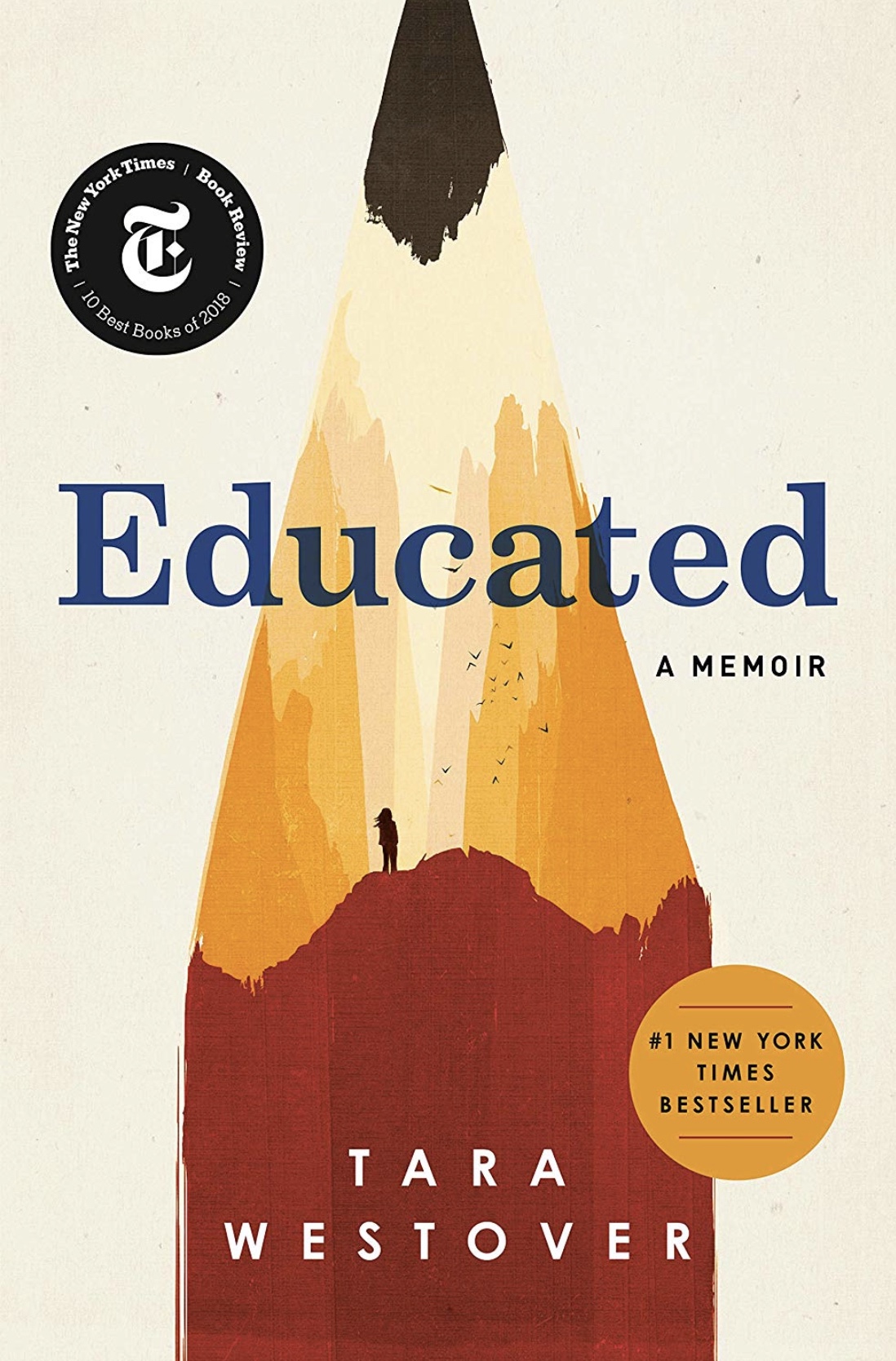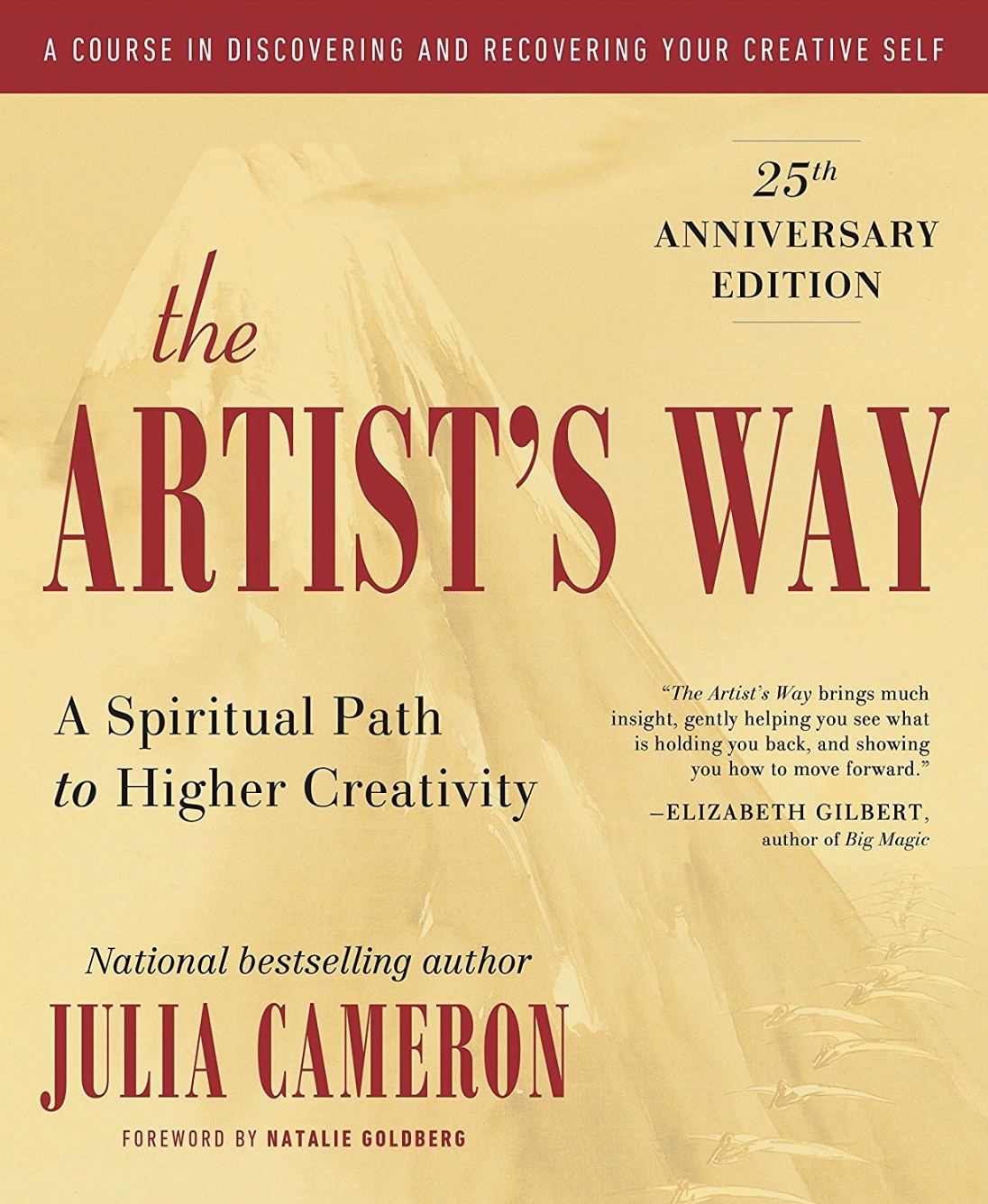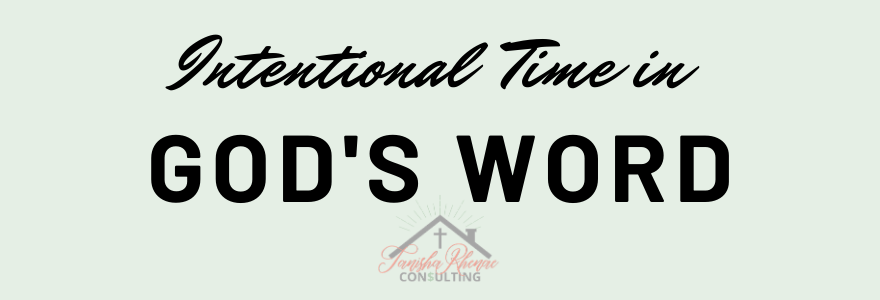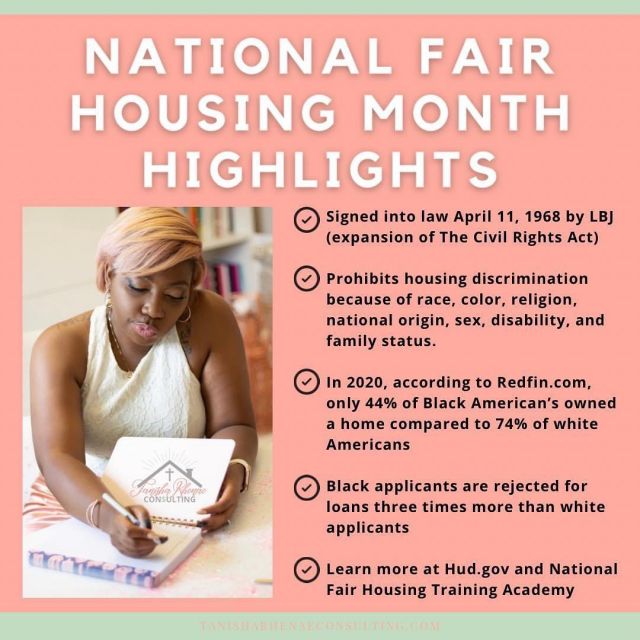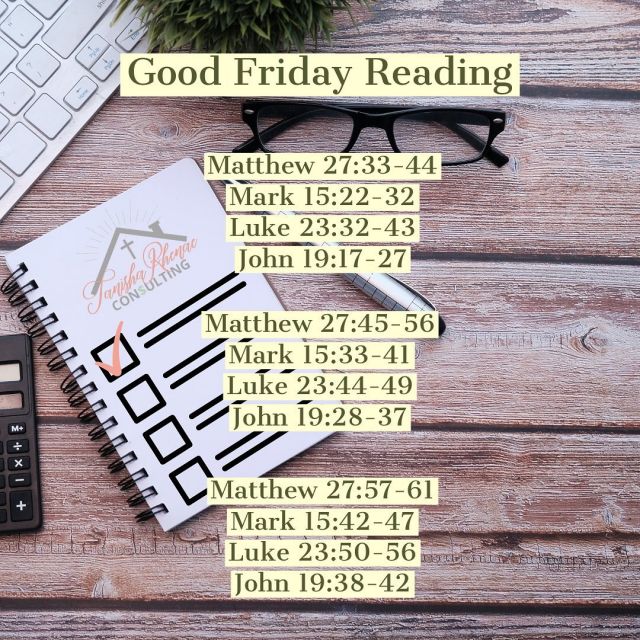 Title: Educated
Title: Educated
Author: Tara Westover
Genre: Memoir
Publisher: Random House
Rating: 




Educated is one of those books that was super popular last year. When I first heard about it, I didn’t want to read it because I have found that I’m not a fan of books that everyone goes crazy over. But after seeing it on Libby as an audiobook and waiting for about ten weeks, it was the perfect companion as I was taking a road trip. Educated is a memoir by Tara Westover where she details what it was like growing up in a family that was radically religious and awaiting the end times. Tara was able to overcome poverty and a lack of education to go on and not only receive one degree but to get a Ph.D. from Cambridge.
***I tried to keep spoilers out of this review but it was hard. With that said, you will still enjoy the book.***
My thoughts:
While she grew up in a family that is Mormon, Westover gives a disclaimer to say that this book isn’t about Mormonism. Her father is an extremist and while it makes you wonder if being a Mormon lead him to this lifestyle, it becomes clear throughout the story that his extreme lifestyle where he is preparing for the end times comes more from some form of mental illness. It doesn’t appear that they always lived this way. He doesn’t believe women should work but met his wife while she was working. When they first started to have children, they had birth certificates, went to school, had things like car insurance and then somewhere along the lines that changed. Tara’s mother becomes a midwife illegally to stick it to the medical system. Starting as an assistant, she ends up becoming the only midwife for 100 miles when the previous one leaves town. Tara’s mother is terrified, and people had to talk her into delivering their children. You see how she overcomes this fear and becomes this strong woman when she allows Tara to come with her for one of the births. On the way there she is chanting all of the what-ifs. What if they get caught by the feds? What if something goes wrong with the delivery? It reminded me of how sometimes you can get to a point where you feel confident enough and own who you are, but there is still sometimes a small voice that can nag you. The sad part is that a lot of times that voice is your own. But once Tara’s mom arrived, she put on this new persona of a confident midwife and Tara feels that this is really who her mother is. This is an important lesson that I feel like mothers have to teach their daughters. How to overcome the voice that speaks our fears, but when the time comes, become confident, and get things done.
Tara speaks about the difference in her father from when she grew up compared to her older siblings. We don’t think about the fact that as our parents are raising us, that they are growing up themselves. I think about the fact that my mom had me at 20 and even now with me being 30, I can’t imagine what it would have been like trying to go through the last ten years of my life with a child in tow. But I also see a difference in how my mother parented me versus my sister, who is almost 11 years younger than me. When my sister and I talk, we remember two different women. While I was growing up and fighting for my voice and identity in my teens, my mother had entered another decade and was raising an infant/toddler. By the time I moved out, I had missed much of my sister growing up and entering her teens. But her experience with my mom was different. Even now, with my mother being in her 50’s, she is a changed woman experiencing freedom and a carefree lifestyle that she didn’t get to have while raising two children in two different decades. She is learning her identity again outside of a mother. Seeing how Tara explains the differences between her sibling’s relationships with her father, it shows how one can parent individually to each unique child.

Listening to Tara explain all that she believed as a child highlights the trust that children have for their parents. You are trusting your parents to teach you correctly. You are trusting them with your whole life. But I wonder if this is considered trust? Because you don’t know that there are any other options. With Tara’s parents, their view on education shifted. Some of the kids started in school and then were pulled out. Some of the kids never went to school at all. But they had such a strong reaction to some of their kids wanting to go back to school. Without outside interaction, they had no idea if what their parents were teaching them was right or wrong. One of her brothers, Tyler, wanted more and to go to college, yet he wasn’t trying to break away from his faith. He wanted to go to a college run by the church. But the father’s delusions were so bad by this time he started to believe the Illuminati infiltrated the church. With nothing else to compare their father to, they grew up trusting what they were taught. But I wonder if the pull that Tyler felt to go back to school was God and His way of freeing Tyler from that environment. I don’t believe that God will not allow us to have a chance to figure out the truth for ourselves. I like to think that Tyler’s desire and urge for more and the differences with him that Tara explained, was God’s hands on him. I wish there was more information about what happened to Tyler and his point of view.
There are a few accidents, and Tara does such an excellent job of describing them and using such imagery that I swear I could physically and emotionally feel what she was feeling. She has such a way with words that you can tell something tragic is going to happen before she even gets to the details. It’s frightening because I know that there are people who live like this. Where because of their parent’s extreme views, their lives are at risk. This time, Tara’s brother, Luke, ends up getting hurt. Because they can’t afford to replace things, he has duck-taped his shoes to his feet and has his pants tied to his body with a string. So during the accident, he is trapped by his clothes, which makes the accident worse. I can’t imagine the pain. Tara’s role in this was, at ten years old, she had to figure out how to help her brother. Her mother wasn’t home, and it was up to Tara to access the situation and save him. What blows my mind by all of this is, the lifestyle they are living is all a choice that the parents are making. Therefore the kids don’t have an option. That’s the frustrating part. But it makes me think about the people that have to live like this because of poverty or homelessness. How can I help the less fortunate? What are ways I can volunteer? Who can I donate to?

The mother doesn’t truly get a pass in this story. After Luke’s accident, the mother fusses at Tara for how she handled the situation. A ten-year-old little girl who, in my opinion, dealt with this emergency quite well (I mean she could have called an ambulance) and was smart enough to think about possible infection with the wound. Tara’s memory of the situation with her brother Luke is fuzzy, and she admits she had to get pieces filled in for her. She doesn’t remember her father helping at all while another version of the story is that he had a hand in saving Luke that put his own life in danger. It makes me think, what type of father can put his life in danger in this situation to save his son, but there are so many other things he is depriving his children of. I can imagine the split second to save his son that probably wasn’t even a decision. He made that choice but is making so many other bad ones on what his children can and cannot do. They can’t go to school. They can’t go to the hospital. They can’t have a driver’s license. He doesn’t want car insurance. It just doesn’t make sense.
There have been two major car accidents for this family. The first car accident the mother is severely injured. It seems to be internal injuries, including a possible traumatic brain injury. The second car accident, it is Tara who is injured. There is an older brother, Shawn, who ran away and at this time, he comes back to help his father in the scrap yard. He is trying to convince Tara to go to the doctor, but she is so adamant that the mother can fix her, so she ignores him. This scene makes me wonder why the wife hasn’t left the husband. The accidents are entirely the fault of the father and his decisions. This accident happens after he decides he is going to race a snowstorm that is coming. Not only that, but he decides he is going to speed to prove that the angels are by his side. Why isn’t anyone questioning anything that this man does? After two accident, no one stops to think that something could be wrong. He went crazy with Y2K preparations, and when that didn’t happen, no one thought to get him any help.

Shawn seems to start to take after his father with his extreme views and actions. She skirts around calling what her brother did to her abuse. But I’m torn with who is to blame. The environment that they grew up in, it was bound that someone would grow up with some problems or anger issues. But Shawn was able to get away and only came home after the accident to help his father. But it was him returning that has him becoming angry and violent. You can predict that the father is going to make excuses for his behavior. And everyone is pacifying the abuse until Tyler comes back home. How can you have a super religious family and be silent to this type of violence and not confront it? How can you pick and choose what is right and wrong and ignore the blatant wrong? There are times when Shawn reaches out to Tara to try and help her. It just gives a glimpse into a torn and broken man. He probably had some clue that what he was doing was wrong, but their relationship never gets resolved. But the opposite happens with her father. He never sees the error in his ways. He comes to Tara to say he prayed about her going to school, and the wrath of God will come down on her.
Tara describes some cringeworthy and embarrassing moments in her life. Like when Charles tells her, their house smells like rotted plants. He admits that he has smelled it on her, but after going into her home, he now realizes that is where the smell was coming from. I wonder why he didn’t feel like he could have had this conversation with her before? We are at times so concerned with hurting peoples feelings that we don’t have necessary conversations that could prevent further embarrassment. She also has an embarrassing moment at BYU in class, where she says out loud that she doesn’t recognize a word and it ends up being Holocaust. It was a real-life moment of the saying, “You don’t know what you don’t know.” There is also the story she decides to tell about her brother calling her the N-word. First thing, to all the nonblack authors out there: YOU DON’T HAVE TO SAY/WRITE/TYPE THE N-WORD. I think Tara thinks this story is necessary, and she ends up sympathizing with African Americans because she admits how she used to laugh at the word. But she now sees how bad the word is when her brother uses it against her. She could have kept this story simple just like she did with the Holocaust story. She could tell us about her learning about Civil Rights and slavery. The whole thing didn’t sit well with me as she was trying to connect herself to the difficulties African Americans face. I’m sorry, but a white person being called that word will never compare to what it means for a black person to be called it.

Tara isn’t supposed to study the books of her faith according to her father. She is supposed to cherish the books and not to use them for learning. I’ve heard this about the Bible where you aren’t supposed to look at it as a textbook or a book that you can get any knowledge from. One of the things I struggle with is I like learning, and I like knowledge. So it’s hard not to approach the Bible wanting to learn all I can about God. But I see the dangers in just approaching it for knowledge. It’s honestly an internal battle that I have to fight with frequently. I do believe there is a way to learn from the Word of God and yet still honor it as the Word of God. When it comes to what goes into your conscience, from things like books, music, movies, etc., there is a fragile line with how you perceive the information you received. A lot of people don’t realize that all of that is forming our opinions or more accurately our worldview. It may be that we believe our worldview comes from our religion and our beliefs, but those come from someplace. Personally, my views came from my parents and grandparents because it is what they have been taught. When you have been taught a specific way, sometimes expanding upon what it is you currently know is so discouraged that you don’t know that there is a whole other world out there. We need to be taught to make decisions for ourselves and to have our own beliefs. Another book I read recently said that we have the right to question our beliefs, and if they were aligned with biblical truth, they would withhold our questions. That opened my mind and let me know that it is okay to question things, especially things that others find it wrong to doubt. But nowadays people don’t like to be questioned. And it’s because they don’t understand what it is they believe and why.
The part of Tara’s story after BYU seems extremely rushed. She spent 2/3rds of the book focused on her childhood, and it feels like she ran out of time to tell her story about her thought process changing. For me, as a woman who is currently going through her reforming of the mind, it’s so frustrating that it took her so long to get to this point. Yet, I understand it. Like I’ve said before, it has taken me to almost 30 to rethink my beliefs. For her, you can see where she starts to question things and knows that something wasn’t right, but she fought so hard against. I can’t understand why. But I know that a lot of it has to do with what she was taught and what she believes. I believe the mind is a powerful thing. It can be powerful for the right or the wrong reasons. It’s frustrating for me as an outsider looking in. Another part is it seems she went from one extreme to another. She doesn’t flat out say she is a feminist and I don’t personally believe that feminism is the opposite of being radical, but I do know some people feel that way. It seems she goes from where women don’t matter to the other extreme of women are the most important. Did she do this because she just needed to escape what she was feeling and experiencing? She could have ended up anywhere in the middle of the road, where she understood that women need respect, and some women are called to the home. Some of the things she now says, it still makes me wonder does she truly believe this now or is it still just that she was exposed to it and has excepted it as her belief because it was so different from her families views.

Although I was happy that Tara stopped hiding her upbringing and the fact that she didn’t go to school, it seems like she is starting to tell everyone only to garner sympathy. At BYU for her undergrad, I felt like that was the time she should have owned her story and told it to explain why she didn’t know certain things. But at Cambridge, Tara wants to show what she was able to overcome. But in reality, she overcame by going to BYU. She overcame way before she had to take a trip overseas and now feels like she belongs. But while she says she has overcome the situation, every time she goes home, she is wrapped up in it again. It’s still frustrating to see her taking strides and doing things to get ahead on God’s path, and then she does things that bring her a few steps back. Part of me feels like the reason she is struggling so much is that she is doing it all on her own. At one point, she had a bishop that was helping her, and she was getting spiritual guidance. He seemed to identify that her upbringing was extreme, yet he still honored her faith. I thought at that time, she would genuinely seek the outside help she needed, but she refused counseling. I believe everyone should have a therapist, even from a very young age. Not to have someone fix you but so you can have an objective third party that can help you if they start to see signs of certain things that you may not be able to identify yourself. That could prevent so much of what we have in our lives. I understand a lot of what we go through helps mold our future but learning how to process those experiences, and talking it out would be beneficial.
One negative with the book is the timetable. I was frequently lost on when things were happening and if they were in order or not. Sometimes Tara mentions an age, and sometimes it seems like there are gaps and she is going backwards. It makes me wish I would have taken a moment to document a timeline of her age, and when things happen. It doesn’t appear that things are happening in order from the youngest memory she has to the oldest. And if it’s not in order, I wasn’t able to catch how she is telling the story or the purpose of her telling the story in this way. It was confusing to me. One positive for me was, I loved the drive that Tara had for her education. And even though I am personally not a Morman, I do appreciate that she turned to her religion and the Bible. She turned to the Old and New Testament and because of her faith, the Book of Mormon. I’m not sure if she stayed a Mormon, but I do hope that she was able to find Jesus as her personal Savior. There are some relationships in Tara’s life that seem to be unresolved even with her continued hunt for some closure. You get the feeling that Tara still feels like she is the problem and the one that is lost. But even with all of that, this was a surprisingly excellent book. I’ve mentioned before, but Tara is an excellent writer. The story itself was frustrating in a good way as you root for Tara to overcome her extremist childhood. That is why I am giving this book a 5-star rating.

*As an Amazon Associate, I earn from qualifying purchases using the links included in this post.

